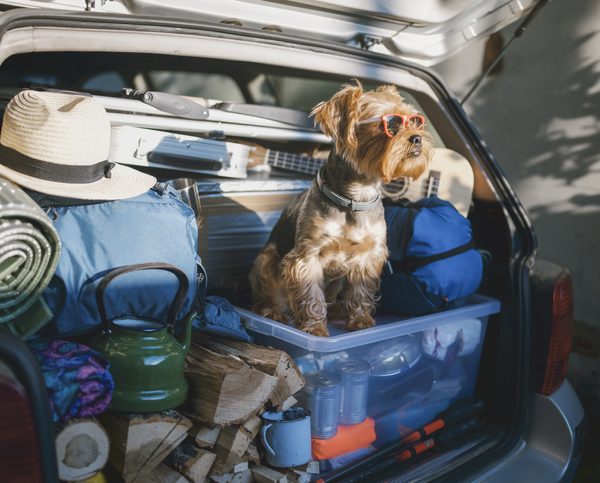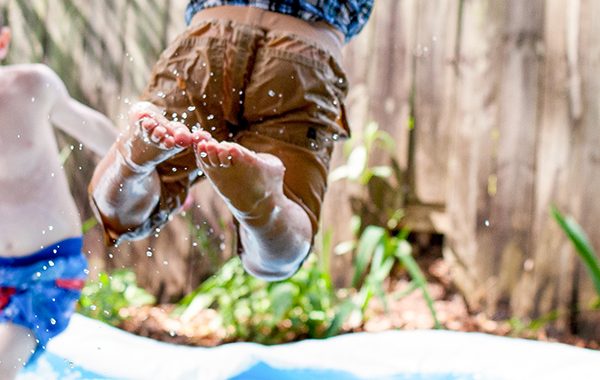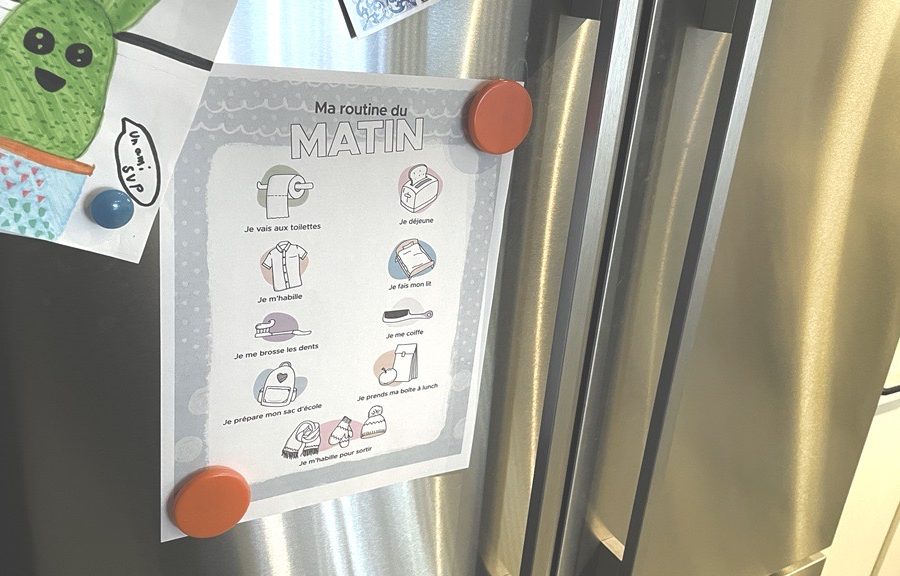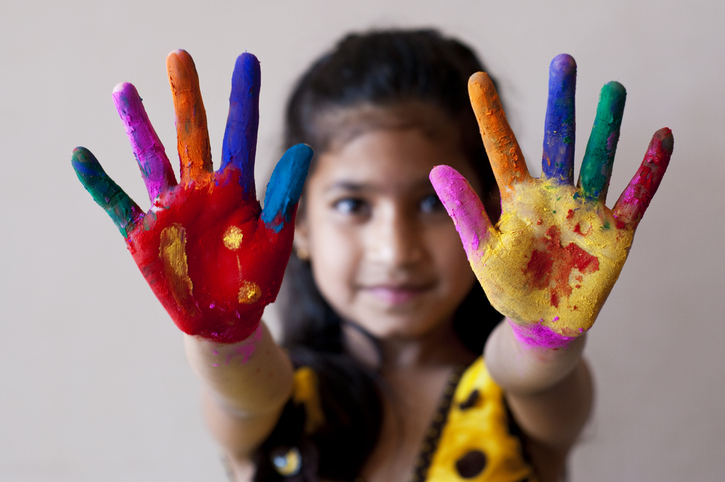Does your child always seem to play alone in the schoolyard and to get no calls from friends inviting him out for activities in the evenings? Here are a few tips to help the child create a circle of friends and develop social skills.

My child has no friends: what can be done?
Does your child always seem to play alone in the schoolyard and to get no calls from friends inviting him out for activities in the evenings? Here are a few tips to help the child create a circle of friends and develop social skills.
1. Make sure being alone is not a choice
Some children like to be alone and prefer to keep their distance from others, sticking to only one or two friends. If your kid is like that, he or she will probably not appreciate it if you start asking questions about his or her social life, as this is not their priority or their cup of tea. That is why you should only intervene if the child appears unhappy and complains about being alone.
2. Enroll the child in extracurricular activities
If you register the child in activities outside of class, he or she will meet other students in a more playful setting, which will allow the child to get to know and interact with others more easily. Theatre groups and sports clubs are excellent ways of encouraging a child to develop social skills and establish new friendly relationships with peers.
3. Suggest to the child to invite friends home
Suggest to the child that he or she could invite friends to come to your home in the evening, after class, or during the holidays. This will allow the kid not to feel alone and also give you an opportunity to observe how your child behaves in a group. Sometimes, social awkwardness is the reason the child is having a hard time integrating into a group and making friends.
4. Work on social skills
If social awkwardness is the case, pinpoint the behaviour: for example, if your child is being selfish, chances are that others won’t want to play with them. Suggest a role play activity to your child: you will be a friend with whom they want to play and whom they want to get to know better. When he or she behaves strangely, for example, when you take away a toy, demonstrate the importance of sharing and caring about the needs of others. An excellent way to develop social skills is to encourage group games that encourage players to cooperate in a team.
5. Plan trips to public places
In the evenings and on weekends, take your kid to a park where other children play, or call your friends that also have children around the same age to suggest a group trip. This will give your children the opportunity to socialize, which will help them learn how to break the ice and make friends better.






